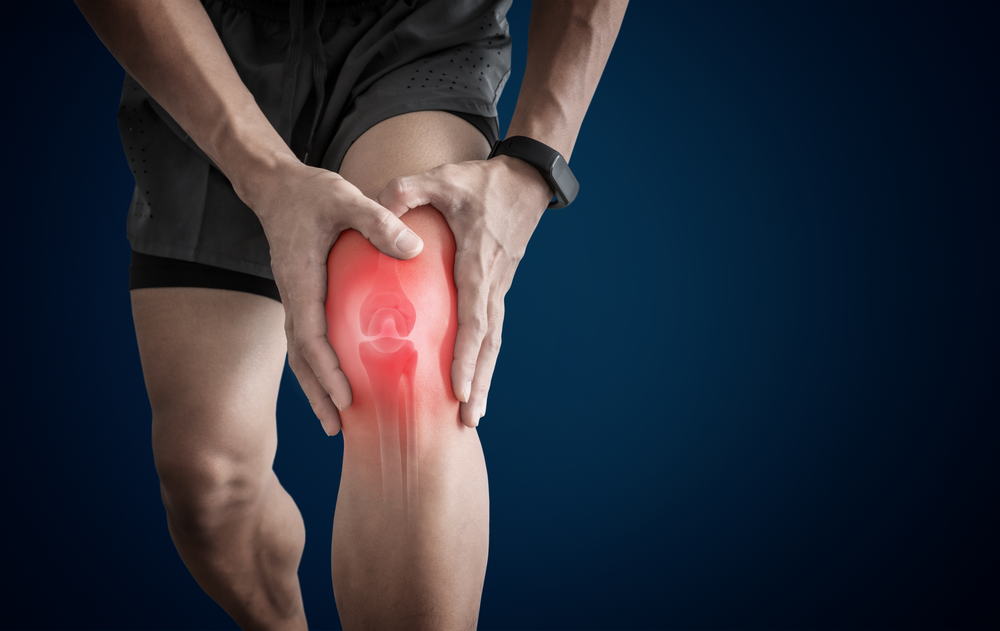It is no secret that pain is the chief complaint among patients who seek to use medical cannabis. The vast majority of medical cannabis users are patients suffering from chronic pain as a primary condition or as a moderate to severe symptom of another condition. But what about acute pain? Many states do not consider it a qualifying condition. Should they?
The experts behind the Utahmarijuana.org website say that the Beehive State added acute pain to its qualifying conditions list in 2022. Not all types of acute pain qualify, but most do. The primary goal behind adding it to the list was to reduce the need for prescription painkillers among acute pain patients.
Table of Contents
More About Acute Pain
From a clinical perspective, acute pain usually has a known cause and is temporary. Chronic pain might also have a known cause, but it tends to last longer. By most definitions, chronic pain is experienced daily or almost daily for at least three months. There also tends to be little expectation that the pain will quickly subside. Not so with acute pain.
A good example of acute pain that could be treated with medical cannabis is the pain resulting from major surgery. Take hip replacement surgery. The procedure is known to cause moderate to severe pain that can last for weeks. It is not unusual for surgeons to prescribe painkillers to help patients get through it.
Medical Cannabis Is an Alternative
Medical cannabis is an alternative in Utah for patients expecting to experience significant acute pain. In order to qualify, there must be an expectation that the pain will be severe enough to require prescription medication of some sort. So if a surgeon would normally recommend prescription painkillers, they can now recommend medical cannabis to patients facing upcoming surgeries.
Having alternatives is good. No matter the condition or symptoms a patient is dealing with, having as many options as possible increases the chances of finding a treatment that actually works. By contrast, limiting a patient’s options also limits their ability to be treated in the most efficacious way.
Not In the Same League
Although the exact motivations behind Utah lawmakers approving acute pain as a qualifying condition are unknown, it is fair to say that they at least understand that medical cannabis isn’t in the same league as some of the strongest prescription painkillers, painkillers we already know to be highly addictive. It makes sense to approve cannabis as an alternative to patients who do not want to take their chances with possible addiction.
Taking things one step further, it is not even clear if cannabis is addictive in the same way as drugs like fentanyl and morphine. A classic definition of addiction includes both physiological tolerance and psychological dependence. Although physiological tolerance is a known consequence of persistent cannabis use, there is some debate over whether the drug creates psychological dependence.
The tolerance issue is easy enough to overcome. Clinicians encourage their patients to take a break from medical cannabis on a regular schedule. A typical break would be something like two or three consecutive days off every month. Taking breaks keeps tolerance under control. Assuming an acute pain patient would only need medical cannabis for a few weeks, tolerance probably would not be an issue.
Although acute pain is not on every state’s qualifying condition list for medical cannabis, it is on Utah’s list. Perhaps other states should look to Utah and follow its lead. Acute pain that would otherwise be treated with prescription painkillers might also be treatable with cannabis instead.

